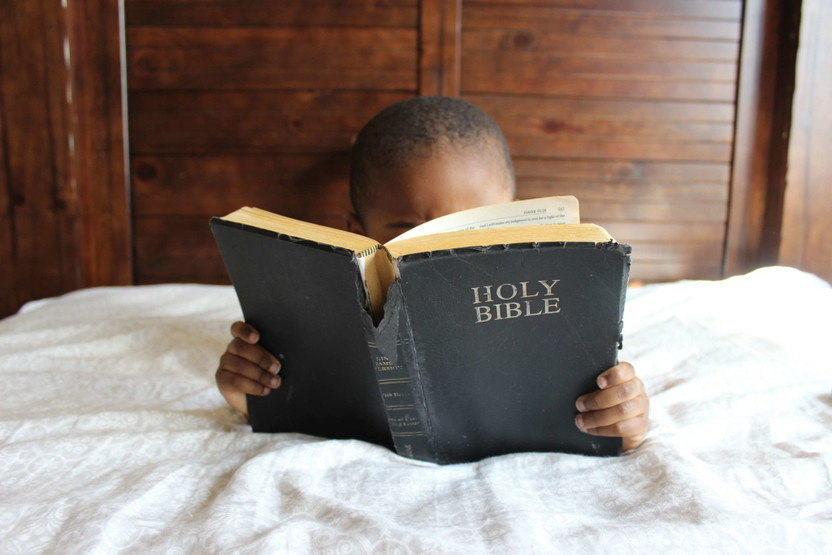Kids Need BOTH School and Church
Posted by Teresa K. Sallee on 4th Apr 2022
Aside from having served in children's ministry many years through local churches, I have also taught the ABC's and 1,2,3's in both parochial and public schools. Sometime ago, while writing on the blackboard, the Lord impressed upon my heart that kids need to be in church just as much as they need to be in school.
In the realm of education, the intersection of church and schools often sparks debates surrounding issues like the separation of church and state, religious expression, and prayer in public institutions. However, it is crucial to recognize the importance of both school and church in shaping the holistic development of young minds.
Even though I read a Bible story every day to the children in my classroom, it still does not take the place of them being in church and the Lord's presence. This is why I have never given up on my entrepreneurial calling from the Lord.
My prayer over the years has been that Church Playhouse products would serve as a tool to turn the hearts of parents back to the Lord. Once parents are back in church, the children are sure to follow. "Train up a child in the way he should go: and when he is old, he will not depart from it" KJV Proverbs 22:6.
Church in Schools and the Constitutional Landscape
The constitutional landscape of the United States emphasizes the separation of church and state, a principle embedded in the First Amendment. The establishment clause prevents the government from endorsing or promoting any specific religion, emphasizing a secular purpose in public education. Despite these legal boundaries, the importance of instilling values and moral principles in children is widely recognized.
Religious Expression in Public Schools
The debate over religious expression in public schools often centers on the delicate balance between fostering religious freedom and maintaining a neutral educational environment. Students and teachers alike navigate the fine line between expressing their faith and adhering to the principles of a secular public education system. Understanding this balance is crucial in creating an inclusive environment that respects diverse beliefs.
Prayer and Religious Activities in Schools
While the notion of organized prayer in public schools has faced legal scrutiny, the role of prayer and religious activities cannot be undermined in a child's spiritual and moral development. Acknowledging the diverse religious landscape in America, schools must find ways to accommodate various expressions of faith, ensuring an atmosphere of respect and understanding.
The Role of Church in Complementing School Education
The original blog post underscores the need for children to be in church just as much as they are in school. This sentiment aligns with the idea that while schools provide academic education, churches offer a spiritual foundation. The symbiotic relationship between the two becomes evident when considering the positive impact of religious teachings on character development.
Government, Schools, and the Freedom of Speech
The debate over the freedom of speech in schools extends to discussions on religious speech. Students and teachers have the right to express their faith within the bounds of the Constitution, and understanding this right is vital for fostering an environment where diverse perspectives, including religious ones, are respected.
Educational Choices and the Role of Religious Schools
The conversation about education extends beyond public schools, with the concept of school choice gaining prominence. Religious schools play a crucial role in providing an alternative for parents who seek an education that aligns more closely with their faith. Balancing the right to choose with the principles of a secular education system remains a complex challenge.
In conclusion, the synergy between church and schools is pivotal in shaping the character, values, and beliefs of young individuals. While respecting the principles of the constitution, finding common ground that accommodates religious expression and fosters spiritual growth in a diverse society is essential. The endeavor to nurture the minds of the future requires a delicate balance that values both education and faith.


